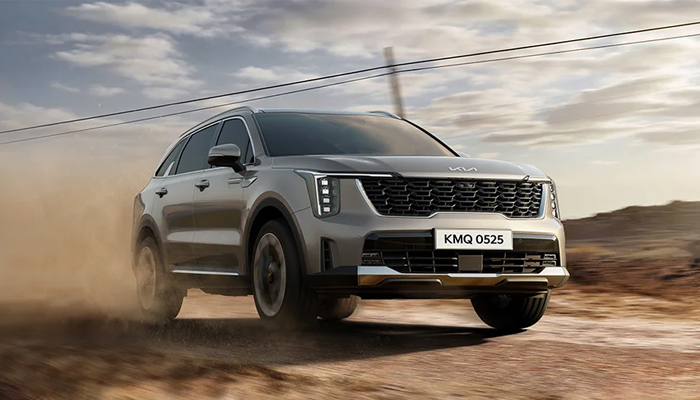
With the budget 2025-26 Pakistan now being presented, the federal govt has announced a major change for hybrid electric cars (HEVs), increasing the sales tax.
The Minister for Finance and Revenue Muhammad Aurangzeb announced on Tuesday, June 10, 2025, that the sales tax on HEVs is going up from 8.5% to 18%.
To note, this is a noticeable increase, particularly as compared to the past year, this tax stayed at a low of 8.5%.
That lower rate was generally seen as a way to help more people buy these fuel-efficient cars.
By the decision of the government, commuters were encouraged to have cleaner cars on the roads and reduce how much fuel the country imports.
| Car Brand | Model | Engine | Price 8.5% GST (Rs) | Price 18% GST (Rs) | Expected increase (Rs) |
| Haval | H6 HEV | 1.5l | 11,749,000 | 12,777,714 | 1,028,714 |
| Jolion HEV | 1.5l | 9,295,000 | 10,108,848 | 813,848 | |
| Toyota | Corolla Cross 1.8 HEV | 1.8l | 8,999,000 | 9,786,931 | 787,931 |
| Corolla Cross 1.8 HEV X | 1.8l | 9,449,000 | 10,276,332 | 827,332 | |
| Hyundai | Elantra Hybrid | 1.6l | 9,700,000 | 10,549,309 | 849,309 |
| Tucson Hybrid Smart | 1.6l | 10,999,000 | 11,962,046 | 963,046 | |
| Tucson Hybrid Signature | 1.6l | 11,999,000 | 13,049,604 | 1,050,604 | |
| Santa Fe Smart | 1.6l | 12,490,000 | 13,583,594 | 1,093,594 | |
| Santa Fe Signature | 1.6l | 13,899,000 | 15,115,963 | 1,216,963 | |
| Kia | Sportage L HEV | 1.6l | 10,999,000 | 11,962,046 | 963,046 |
| Kia Sorento 1.6T HEV FWD | 1.6l | 14,699,000 | 15,986,009 | 1,287,009 | |
| Kia Sorento 1.6T HEV AWD | 1.6l | 15,999,000 | 17,399,834 | 1,400,834 | |
| MG | HS PHEV | 1.5l | 9,699,000 | 10,548,221 | 849,221 |
Notably, last year’s steady tax rate also made it simple for car dealers and importers to plan their business.
However, with the announcement of budget 2025-26 Pakistan, this new announcement changes things quite a bit. Doubling the sales tax to 18% has surprised many people.
To note, the government has not fully explained why they have made this sudden change.
Notably, the government's strategy aims to lower the average import tariff to below 6% by 2030, while also boosting competition in the domestic auto market.















